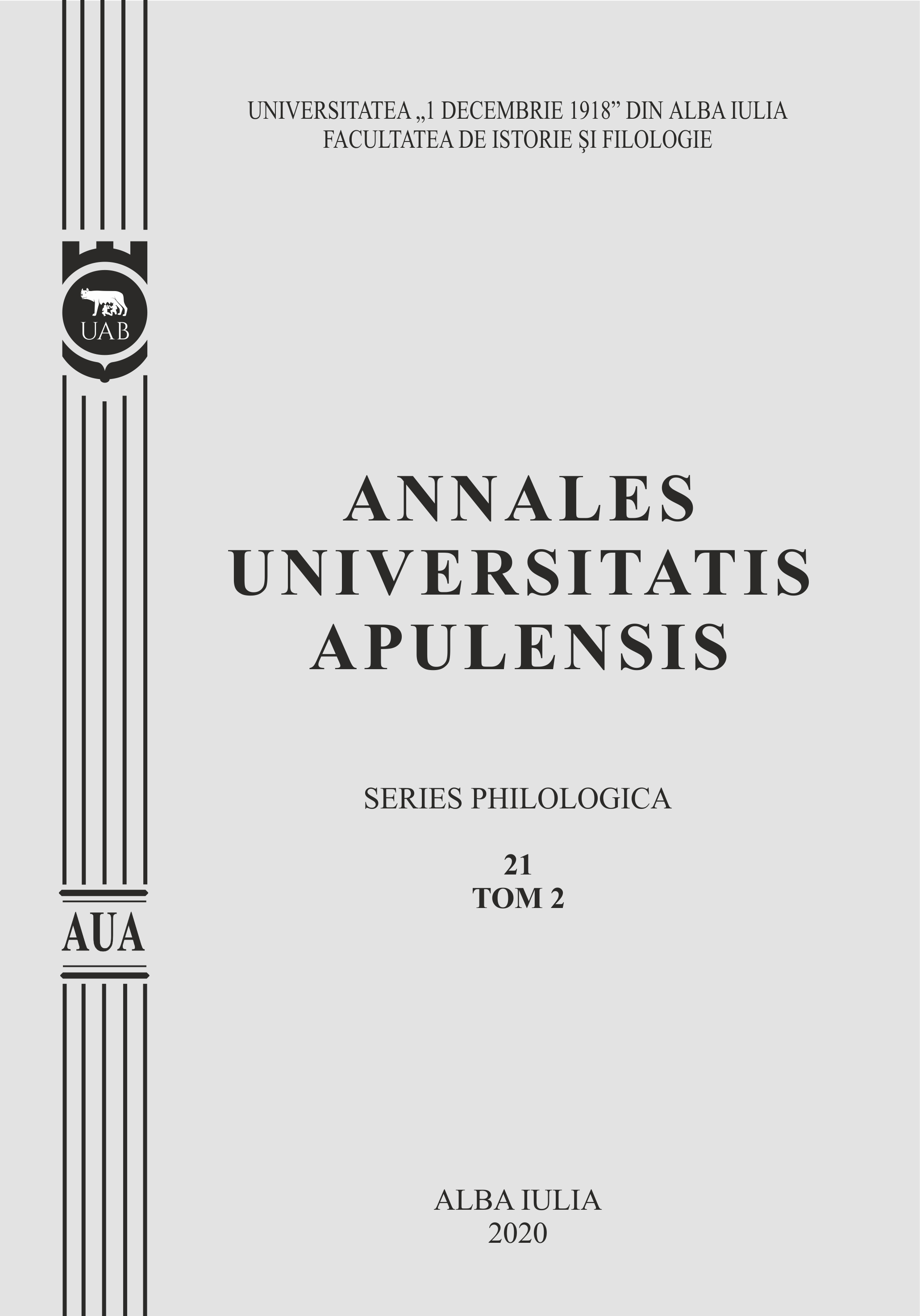AIUL/USTUROIUL ÎN MENTALITATEA TRADIȚIONALĂ ROMÂNEASCĂ
The garlic in the traditional Romanian mentality
Author(s): Delia Anamaria RăchișanSubject(s): Language and Literature Studies, Philology
Published by: Universitatea »1 Decembrie 1918« Alba Iulia
Keywords: garlic; ritual praxis; holidays; traditional society;
Summary/Abstract: The paper aims to highlight the impact that the garlic (lat. Allium sativum) has on the traditional Romanian mentality. In the ontological universe of the Romanian village, the garlic is a plant with an apotropaic, thaumaturgical, utilitarian role. Having a strong impact on the collective mentality, the garlic is an indispensable medicinal plant for the human beings, a true universal panacea, a remedy for the household animals killed by the disease. We intercept a cumulation of fundamental functions (protection, initiation, conscious mediation between microcosm and macrocosm, curative, ritual-magic-symbolic, utilitarian, etc.). Not coincidentally, the garlic can be correlated both with various folk categories ̶ cimilituri [riddles], enchantments, legends, proverbs, ̶ as well as with important holidays over the year ̶ Sângiorz [Saint George], Sântandrei [Saint Andrew], Sântvasâi [Saint Basil]. In the world of the Romanian village, it is believed that the garlic, the Christophore plant, possesses a head and a cross. The prohibition to consume ai on certain holidays (The Beheading of the Holy Prophet John the Baptist ̶ 29 Gustar [August]; The Day of the Cross ̶ 14 Răpciune [September]), in the traditional community, is now respected with holiness. Starting from the binary empirical thinking ̶ scholarly thinking, we will consider both the regional names of garlic and also the scientific name. The synchronic analysis, the ritual praxis, the interdisciplinary perspective enhances the complexity of the garlic, the impact it has on the Romanian folk thinking.
Journal: Annales Universitatis Apulensis. Series Philologica
- Issue Year: 22/2021
- Issue No: 2
- Page Range: 31-44
- Page Count: 14
- Language: Romanian

